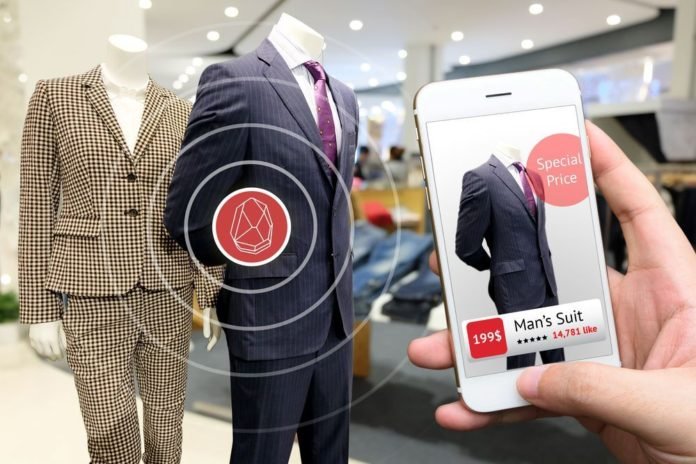
The Future of Fashion: How Technology is Reshaping the Industry
As technology advances at an unprecedented pace, its impact is felt across industries, including the fashion industry. From design and production to retail and marketing, technology is reshaping the way we create, consume, and experience fashion. Here’s an in-depth look at the future of fashion and how technology is driving its evolution:
Virtual Design and Prototyping:
3D modeling and virtual reality (VR) have revolutionized the fashion design process. Designers can now create virtual garments and prototypes, allowing them to iterate and experiment without the need for physical samples. This not only speeds up the design cycle but also reduces waste and environmental impact.
Personalized Customization:
Advanced technologies, such as artificial intelligence (AI) and machine learning, enable brands to offer highly personalized customization options to consumers. Shoppers can now design their own garments, adjusting details like color, fabrics, and patterns. This empowers consumers and fosters greater creativity and self-expression.
Smart Textiles and Wearables:
The integration of technology into textiles is creating smart and functional clothing. These garments can monitor vital signs, track fitness data, and provide haptic feedback. As technology advances, we can expect to see even more innovative and immersive wearable experiences.
Sustainable Fashion:
Technology is playing a pivotal role in promoting sustainability within the fashion industry. Digital supply chain management systems and eco-friendly materials are reducing waste and minimizing environmental footprints. Moreover, blockchain technology ensures ethical production practices and traceability throughout the supply chain.
Virtual and Augmented Reality (VR/AR) Shopping:
VR and AR are transforming the shopping experience. Consumers can virtually try on garments from the comfort of their homes and see how they look in different settings. This immersive technology reduces returns and improves customer satisfaction.
Digital Fashion and Metaverse:
The rise of the metaverse is creating new opportunities for fashion brands. Digital fashion items, such as virtual clothing and accessories, are becoming popular in virtual worlds and online games. As the metaverse evolves, we can expect to see more innovative and immersive fashion experiences blending the digital and physical realms.
Data-Driven Marketing and Analytics:
Data analytics and machine learning are enabling fashion brands to gain valuable insights into consumer behavior and preferences. This data helps brands personalize marketing campaigns, optimize inventory management, and create products that meet the evolving needs of their customers.
Technology-Powered Retail:
Brick-and-mortar stores are also embracing technology to enhance the shopping experience. Smart mirrors provide personalized recommendations and allow customers to digitally try on garments. RFID technology enables seamless payment and inventory tracking. These technologies create a more engaging and efficient retail experience.
E-commerce Revolution:
Online shopping continues to grow exponentially, driven by advancements in e-commerce technology. Faster delivery times, personalized recommendations, and seamless mobile checkout experiences are enhancing convenience and accessibility for consumers worldwide.
Future Trends:
As technology continues to advance, we can expect to see even more groundbreaking innovations in the fashion industry. Some emerging trends to watch include:
- Biodegradable and compostable materials: Sustainable fashion will continue to be a priority, with a focus on environmentally friendly textiles and biodegradable packaging.
- Fashion AI: AI will play a more significant role in design, customization, and retail optimization, providing brands with valuable insights and personalized experiences.
- Holographic fashion: Holographic technology could revolutionize the fashion show experience and enable consumers to virtually interact with garments before purchasing them.
- Adaptive fashion: Technology will continue to empower people with disabilities by creating accessible and inclusive fashion options.
Conclusion:
Technology is rapidly reshaping the fashion industry, creating new possibilities and transforming the way we design, produce, consume, and experience fashion. From virtual design tools to smart textiles and data-driven marketing, technology is empowering brands, empowering consumers, and promoting sustainability. As technology continues to advance, we can expect to see even more innovative and immersive fashion experiences in the future, blurring the lines between the physical and digital worlds.













